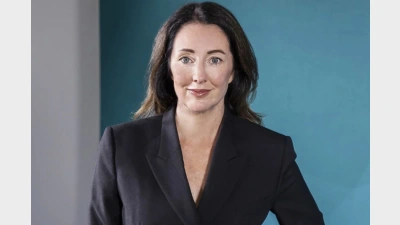Intrafund advice needs to be expanded



Intrafund advice and sole purpose test advice needs to be expanded to give more Australians access to financial advice and ultimately improve retirement, according to Industry Fund Services.
Speaking at the Australian Institute of Superannuation Trustees (AIST) Super Financial Advice Symposium, Industry Fund Services executive manager, legal, risk and compliance, Csaba Baranyai said changes to alternative funding sources could be a way to give more access to advice.
Baranyai said intrafund advice needed to be expanded to address members’ full retirement needs, including:
- Retirement adequacy;
- Contributions;
- Transition-to-retirement;
- Super consolidation;
- Budgeting;
- Debt reduction;
- Centrelink/Age Pension benefits; and
- Allow the member’s spouse to be included in the advice, even if they are a non-member.
With sole purpose advice, Baranyai said super funds needed to allow comprehensive retirement planning advice that encompassed all aspects of a member’s life including their spouse and household from the deduct from fund model.
“Ultimately, allowing a bit of that super money to be spent on improving the financial wellbeing and retirement plan of members be getting advice consistent with the objective of super,” he said.
“This may ultimately increase super balances through better financial management, probably an increase in contribution, and better asset allocation.”
Currently sole purpose advice, Baranyai said, had a very narrow scope, forced advisers to artificially limit the advice they gave or passed the member onto another channel, and was very opaque legislatively as rules were left completely up to the corporate and prudential regulators.
Recommended for you
APRA has warned retail super trustees that financial adviser involvement in recommending platform products does not diminish their obligations, as regulators turned the spotlight on the Shield Master Fund and First Guardian Master Fund during a meeting with fund CEOs.
AMP’s chief economist has unveiled a wish list for the Australian government’s Economic Reform Roundtable.
Australian retirees could increase their projected annual incomes between 3 and 51 per cent by incorporating personal and household data into their retirement income strategies, according to new research.
The best interests duty and new class of adviser didn't make the cut for the pre-election DBFO draft bill; however, ASFA has used its submission to outline what it wants to see from the final package.











